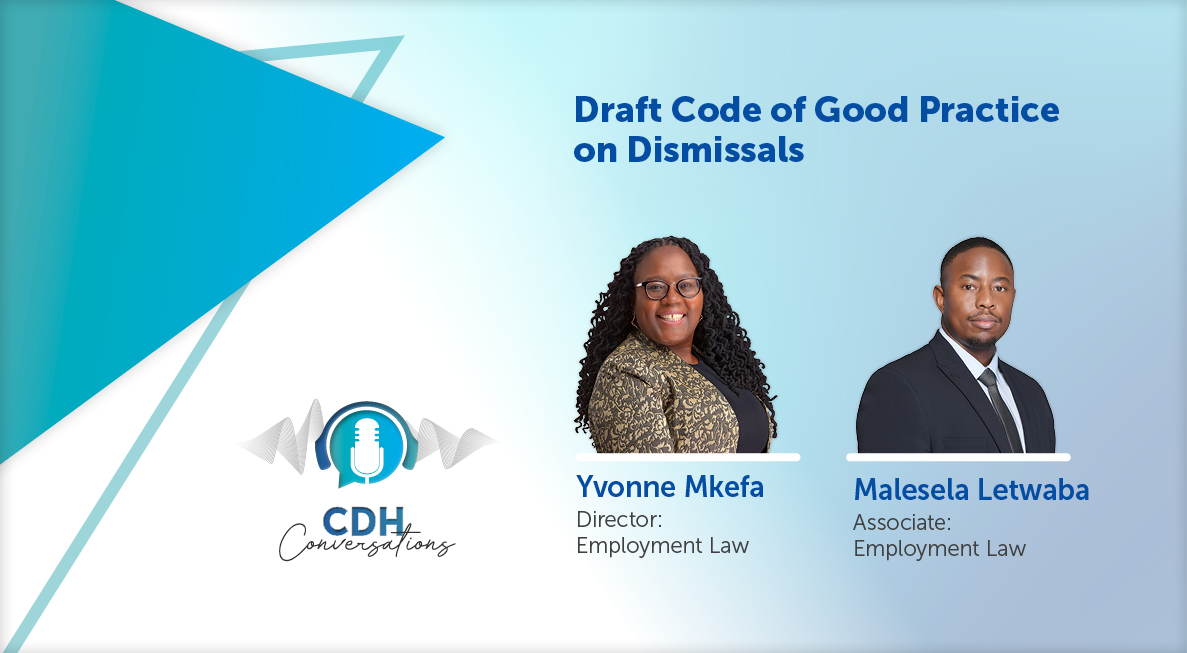Public Private Partnerships in Africa – project pipeline, professionalism and process
African governments are subscribing to the idea of harnessing private sector skill and capital to meet infrastructure demands in their countries. This is apparent from the various PPP regulatory frameworks being promulgated in southern, eastern and western African countries.
There have been a number of PPP laws that have been passed in the last few years, most of which still remain untested. However, before going out to the market, governments need to set up the correct institutional mechanisms and environment for the successful roll out of PPPs.
South Africa has had its regulatory framework in place for about eight years and has been undertaking PPP projects for at least a decade. Media reports show that project sponsors and lenders are disillusioned by the slow pace of the implementation of PPPs. While the National Treasury is satisfied with the pipeline of projects and the time it takes to close deals, implementing government departments, under pressure to deliver, ar voicing frustration with the long periods between inception and closure. Changes in circumstances during these long periods has led a number of government departments to cancel their PPPs The unpredictability in this approach has led to market cynicism of PPPs as a successful form of infrastructure procurement.
A few of the essential building blocks of any PPP programme includes putting in place the necessary institutional structures and arrangements for a regulator. PPP legislation usually establishes a PPP Unit. Critical to its success is having staff that know and understand PPPs. The diverse skill sets required to fully appreciate the mechanics of PPPs cannot be taught overnight. Burgeoning PPP Units in African countries may consider seconding people with relevant skills from the private sector, or if possible, officials from other SADC PPP Units, in an attempt to provide meaningful skills transfer to officials in those Units.
Another essential requirement is that governments need to prioritise which of their infrastructure projects are suited for PPP and which are suited to direct procurement for shorter term contracts. There is a risk that African governments see PPP as the panacea to their infrastructure woes without understanding the full extent of their exposure. Governments need to understand that PPPs are an expensive form of procurement and come at a much greater cost to government as the fiscus is required to pay lender costs and fees as well as sponsor returns. What generally pushes the drive for governments to go the PPP route is funding constraints. In Africa, the funding options for government are generally limited to procuring debt from commercial lenders, from DFIs or through bond issues.
Governments should also pace the introduction of PPP projects. Flooding a smaller market with projects will see local players losing out to their international competitors which, during strained global economic times, are looking to developing markets for deal flow. Governments need a co-ordinated policy outlining which sectors require greater prioritising in terms of infrastructure development. .
The PPP units within governments also have the task of properly mobilising the private sector, which involves speaking to the commercial lenders within that country, and assessing the capacity of sponsors to take on long term projects. In most African countries, it is customary for the commercial lenders to provide debt for a five to seven year tenure. This period is unlikely to match the traditionally longer project term required for a PPP. Changing lending patterns is critical for local banks if they want to participate in the debt funding of a PPP, however this must be driven by the PPP Unit if they want to see successful PPP implementation. These are a few of the essential pre-requirements for a successful PPP programme.
Failure to prepare adequately will lead to a sub-optimal result and a short-lived PPP regime as a mechanism to deliver on essential infrastructure for the African continent.
The information and material published on this website is provided for general purposes only and does not constitute legal advice. We make every effort to ensure that the content is updated regularly and to offer the most current and accurate information. Please consult one of our lawyers on any specific legal problem or matter. We accept no responsibility for any loss or damage, whether direct or consequential, which may arise from reliance on the information contained in these pages. Please refer to our full terms and conditions. Copyright © 2026 Cliffe Dekker Hofmeyr. All rights reserved. For permission to reproduce an article or publication, please contact us cliffedekkerhofmeyr@cdhlegal.com.
Subscribe
We support our clients’ strategic and operational needs by offering innovative, integrated and high quality thought leadership. To stay up to date on the latest legal developments that may potentially impact your business, subscribe to our alerts, seminar and webinar invitations.
Subscribe




